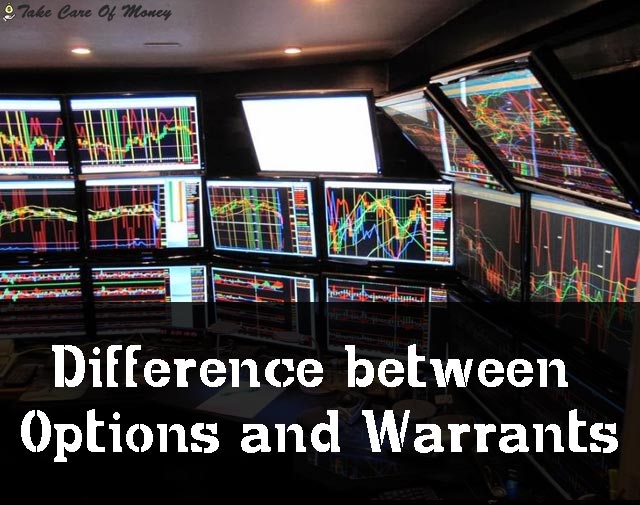Although we could classify warrants as a type of financial option, they have certain characteristics that differentiate them. It is very important to know the differences between the two. To do this, we will see the similarities and differences between warrants and options.
Both options and warrants are financial derivatives. The two financial derivatives grant the right to buy (Call) or sell (Put) an underlying asset and both are leveraged products.
The main difference between options and warrants is that while options are freely bought and sold in the market, warrants are issued by a warrant issuing company and are OTC (over the counter) options. This means that they are not negotiated with a chamber involved, but rather that the negotiation is bilateral. Therefore, while with the options we can sell calls and puts freely in the market without having previously acquired them, with warrants we can only sell a call or a put if we have previously bought it from the issuer.
Investment possibilities in options and warrants
The result is that with financial options, we have 4 investment possibilities:
- Buy calls
- Sell calls
- Buy puts
- Sell puts
With warrants we can only:
- Buy calls
- Buy puts
The expiration date of the options is usually a few months, while warrants can have an expiration date of several years, which can be very useful to reduce investment risk and make more varied investments.
